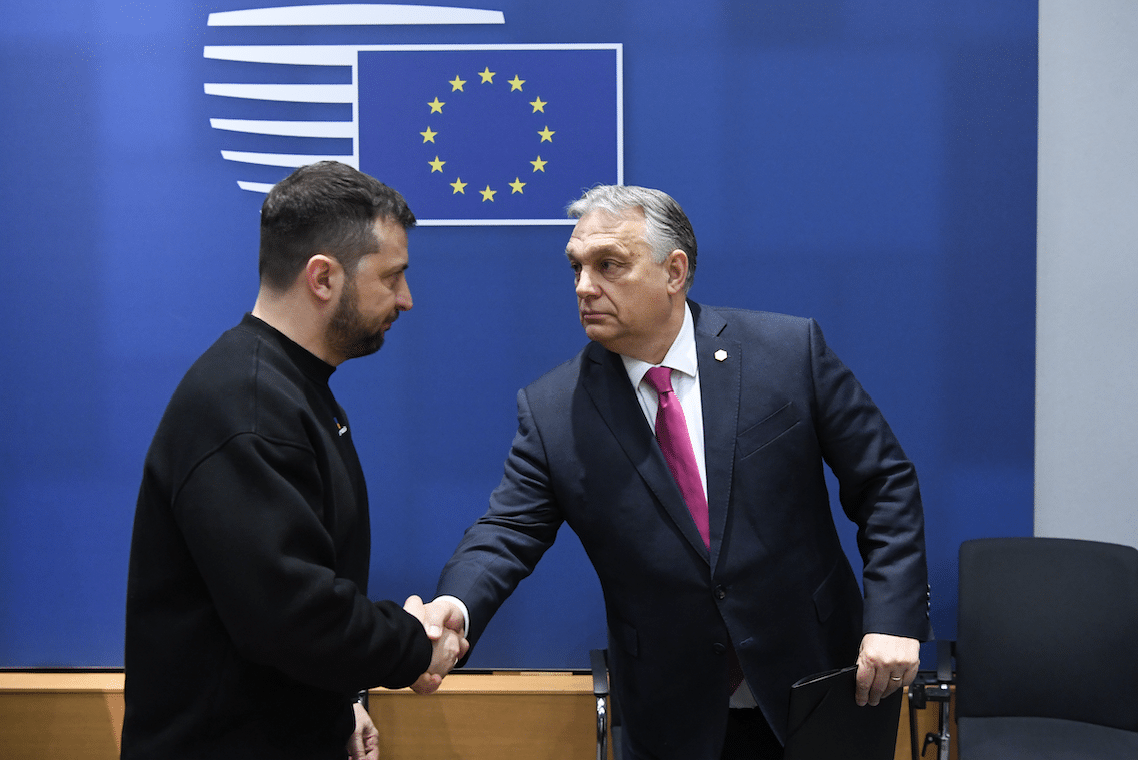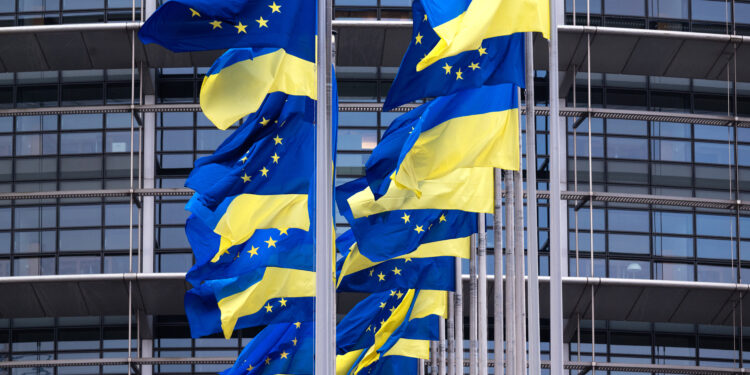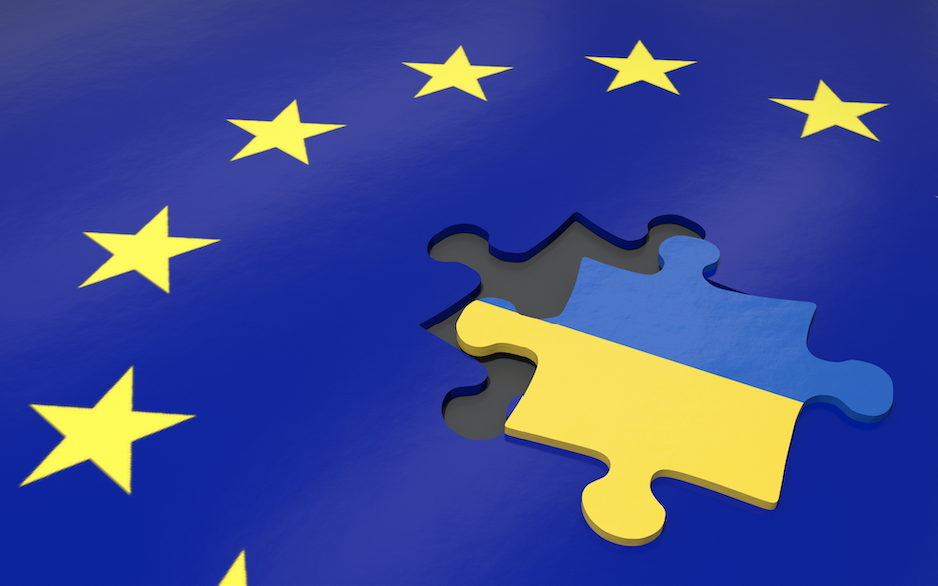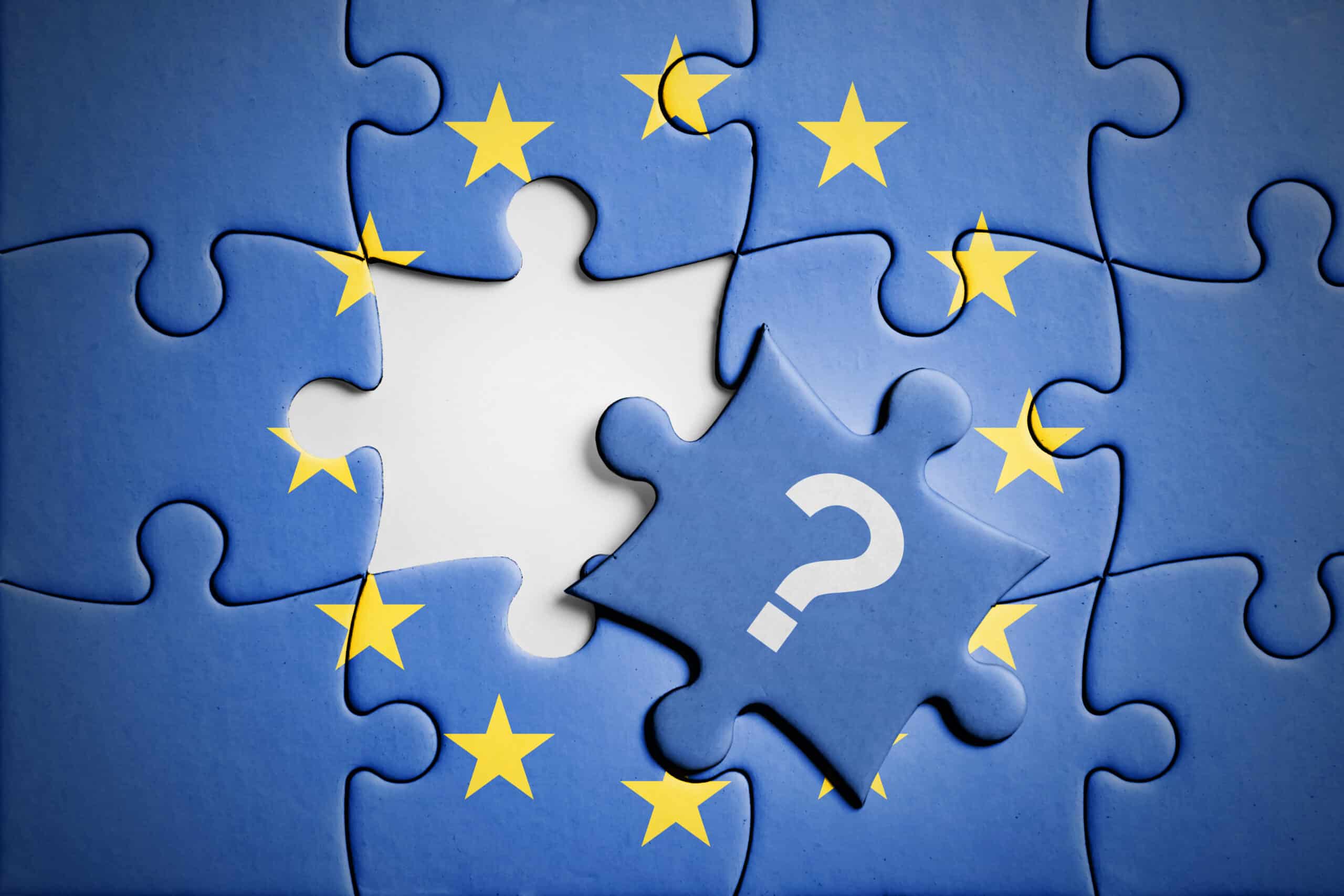Brussels – The Committee of Permanent Representatives of the EU countries could not greenlight the opening of the accession negotiations for Ukraine and Moldova. As several EU sources confirm, Viktor Orbán’s Hungary blocked the text on Kyiv, asking for “further significant changes and additions” to give the go-ahead. Brussels’ goal remains to hold the first intergovernmental conferences with EU accession candidates by the end of June. And the item will “most likely” return to the Coreper as early as next week.
After several hours of “extensive discussions regarding the Moldova and Ukraine negotiating frameworks,” EU sources speak of “great support” for the negotiating frameworks proposed by the European Commission. The support was gained during the ambassadorial talks. Before the meeting, “some member states still had several reservations, almost all of which were lifted to be able to proceed quickly.” Agreeing to proceed for both Kyiv and Chisinau, several governments nevertheless stressed: “the importance of proceeding with the deserving countries of the Western Balkans” (Albania, North Macedonia, Montenegro, and Serbia have already begun accession negotiations). Reportedly, this is the position advocated today by Italy, “in favour of advancing the European path of Ukraine and Moldova also as a window of opportunity for the Western Balkan countries,” which have “long-standing legitimate expectations” toward membership, to move forward as well.

As the source confirms, everything went smoothly in the negotiating framework for Moldova. But Budapest has once again confirmed its obstructionism toward Kyiv joining the bloc, a saga that has been going on since the EU granted Ukraine candidate status in June 2022. Hungary demands answers to its concerns regarding “the rights of national minorities” in Ukraine and wants more assurances on “trade, anti-corruption, agriculture, the functioning of the single market, good neighbourly relations” with Kyiv. Without this whole set of guarantees—some “already accepted” by the Belgian presidency of the EU Council—Budapest will not be able to support the text, which is crucial to achieving the unanimity needed to proceed.
The dossier will now go back to the drawing board at the technical level, with the hope of resubmitting it to the table of EU ambassadors as early as next week and getting the green light. The date marked on the Brussels calendar for final approval of the negotiating frameworks is approaching: June 25, when the next General Affairs Council, responsible for deciding (unanimously) on the green light for intergovernmental conferences with EU accession candidates, will meet.
As admitted already at the end of the leaders’ summit on March 21 by the president of the European Council, Charles Michel, Brussels hopes to succeed in settling the issue under the Belgian presidency because, as of July 1, at the rotating presidency of the EU Council will sit Budapest itself, which will have the power to set calendars and agenda items for the meetings of ministers in the different Council compositions. Thus, it would have an easy time postponing the adoption of negotiating frameworks for Kyiv’s accession as long as possible. But there is also another reason to proceed with urgency: it is more important than ever for the EU to send a clear message of encouragement to the two candidates in the broader context of Russian aggression against Ukraine.
English version by the Translation Service of Withub








